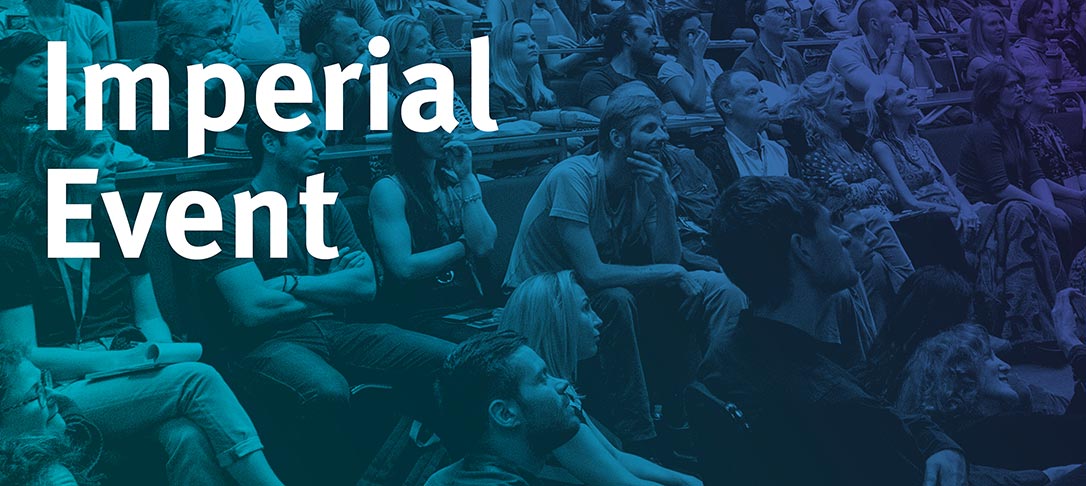
 The Imperial College Cross-Faculty Network on Artificial Intelligence, the Robotics Forum, and the UKRI Centre for Doctoral Training in AI for Healthcare are organising a series of joint virtual seminars, with members of the two networks as invited speakers, to create an online forum for discussions on science, research and technology.
The Imperial College Cross-Faculty Network on Artificial Intelligence, the Robotics Forum, and the UKRI Centre for Doctoral Training in AI for Healthcare are organising a series of joint virtual seminars, with members of the two networks as invited speakers, to create an online forum for discussions on science, research and technology.
Follow us on Twitter for more news and events: @ImperialAI, @ImperialRobots, @AI4HealthCentre.
This event will be online and open to the public, join the live webcast by clicking here.
Schedule for July 10th, starting at 10am:
Talks are 15mins followed by 5mins of Q&A.
Yiannis Demiris
Title: Personal Assistive Robots
Abstract: How can robots help people in need? Given that each person is different, work in the Personal Robotics Lab at the EEE department is concerned with the development of a personalisation pipeline for assistive AI applications. Our algorithms process multimodal sensor data from human users through human-centred computer vision and wearable sensors, build sensorimotor and cognitive skill models of its users, and adapt the AI assistance to the capabilities of the user. I will demonstrate research on smart wheelchairs for kids and adults with disabilities, robot assistance with activities of daily living, and recent extensions for assisted driving and adaptive augment reality (AR) human-robot interfaces. Website with more info and papers: www.imperial.ac.uk/PersonalRobotics
Matina Giannarou
Title: Surgical Navigation and Cognitive Diagnosis for Robot-Assisted Operations
Abstract: Surgery is undergoing rapid changes driven by recent technological advances and our on-going pursuit towards early intervention and personalised treatment. The future of surgical oncology is the integration of novel intraoperative imaging techniques to enable in vivo-in situ diagnosis and therapy and allow for more accurate tumour margin delineation. The main challenges to such integration are the intraoperative surgical navigation, the scanning of large tissue surfaces with imaging probes, the tissue characterisation and the safety during resection by protecting important anatomical regions and healthy tissue. In this talk, I will present an intraoperative vision system for surgical navigation and real-time tissue characterisation during robot-assisted neurosurgery to improve both the efficacy and safety of tumour resections.
George Mylonas
Title: Medical Robots
Abstract: The talk will discuss the transition from open, to minimally invasive and non-invasive surgery, and how this necessitates the development of medical robots. The state-of-the art and innovative developments in the field will be presented. Advances in artificial intelligence offer great promise towards automation in robotic surgery, which however pose significant practical, ethical and legal concerns. To this end, novel “human in the loop” approaches based on advanced human-robot interfaces are proposed.